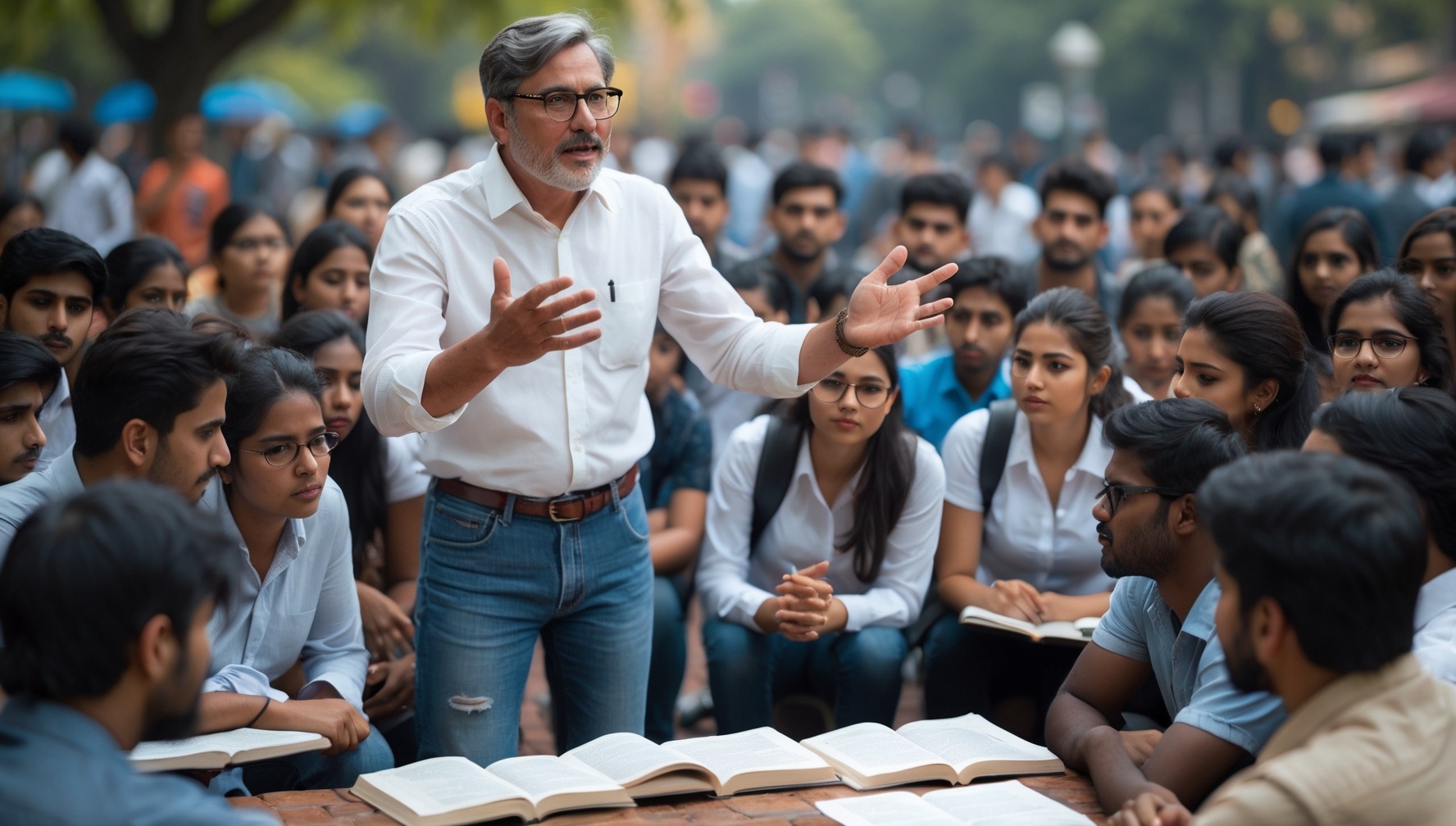How Many Attempts for UPSC? A Complete Guide to Eligibility and Age Limits
The Union Public Service Commission (UPSC) Civil Services Examination (CSE) is one of the most prestigious competitive exams in India. Each year, lakhs of aspirants prepare to achieve their dream of becoming civil servants, serving in essential roles like the Indian Administrative Services (IAS), Indian Foreign Service (IFS), and Indian Police Services (IPS).
One of the most common queries among candidates is, “How many attempts for UPSC am I eligible for?” To clarify this, we’ve broken down the eligibility criteria, age limits, the number of attempts allowed for each category, and the implications of exhausting those attempts. This guide will walk you through everything you need to know to plan your UPSC CSE attempts effectively.
Eligibility Criteria for UPSC Civil Services Examination
Before worrying about attempts, it is crucial to understand who is eligible to appear for the UPSC CSE based on the educational qualification, age criteria, and other key requirements.
Basic Eligibility Criteria
To be eligible for the UPSC Civil Services Examination, you must meet the following:
- Nationality:
- Indian citizen for IAS, IPS, and IFS.
- For other services, citizens of India, subjects of Nepal or Bhutan, or overseas citizens of Indian origin may apply, but the certificate of eligibility issued by the government may be required.
- Educational Qualification:
- A Bachelor’s degree from a Government-recognized University, legitimate university, or deemed university.
- Diploma holders eligible only if their degrees are equivalent to a bachelor’s degree.
- No minimum percentage is required, but technical degrees or qualifications such as engineering, medicine, or management are accepted.
- Physical Requirements:
- Candidates need to fulfill specific physical fitness and requirements, especially for services like IPS and armed forces.
Attempts Allowed by Category
The Union Public Service Commission allows different maximum attempts per category:
|
Category |
Maximum Attempts |
|---|---|
|
General |
6 attempts |
|
OBC (Non-creamy layer) |
9 attempts |
|
SC/ST |
unlimited |
| Unlimited attempts, until reaching the age limit |
|
PwBD (Persons with Benchmark Disabilities) |
9 attempts (General/OBC); Unlimited for SC/ST |
Important Note: An attempt is counted when the candidate appears for the Prelims, even if they do not qualify for the Mains.
Age Criteria
The number of attempts you have is closely tied to civil service age limit regulations. Here’s how the age limits are set for different category candidates:
|
Category |
Age Limit |
Relaxation |
|---|---|---|
|
General |
21-32 years |
None |
|
OBC |
21-35 years |
3 years |
|
SC/ST |
21-37 years |
5 years |
|
PwBD Candidates |
21-42 years |
10 years |
|
Defense Services Personnel |
Up to 35 years |
3 years during military service or operations during hostilities |
|
Disabled Ex-Servicemen |
Up to 37 years |
Special relaxation applied |
|
Female/Acid Attack Victims |
Based on category |
5-10 years based on category |
The PwBD category includes conditions like cerebral palsy, muscular dystrophy, acid attack victims, mental illness, intellectual disability, locomotor disability, and more.
Age Relaxation Criteria
Additional age relaxation is available for:
- Candidates from profound backgrounds (e.g., SC/ST, OBC).
- Aspirants employed in completion of service assignments such as defense personnel.
- Certain categories of benchmark disability or acute physical disability.
For instance, PwBD candidates are allowed a cumulative age relaxation of up to 10 years and additional attempts based on their category.
Tip: Carefully review your eligibility before filling out the application form!
What Counts as a UPSC CSE Attempt?
An attempt limit is determined by how many times you sit for the Prelims Exam. Here’s how it works:
- If you fill out the application process but do not appear for the exam, it will NOT count as an attempt.
- Simply appearing for even one Prelims paper will count as an attempt, irrespective of whether you proceed to the Mains Exam.
Factors like withdrawal, rejection, or non-attendance won’t affect your total eligible attempts unless you sit for the Prelims.
Special Cases and Exceptions
Certain special cases and exceptions are allowed under unique circumstances. These allow eligible candidates more flexibility in applying for the UPSC IAS or IPS while adhering to specific requirements:
- Candidates Who Withdraw:
- If you opt-out without appearing for the Prelims, this does NOT count toward your attempt limit.
- Extenuating Circumstances:
- Emergencies like unavailability at the examination venue or cancellation of candidature can also lead to exceptions, in rare cases.
- Eligibility Under Other Citizenship:
- Candidates of Indian origin, residing in African countries or Sri Lanka, must have documents like a certificate of eligibility issued beforehand.
Implications of Exhausting Attempts
What happens if you exhaust your maximum attempts? It’s time to think about future planning options:
- Consider alternative competitive exams, such as SSC, banking, state public service commissions, or teaching-related roles.
- Candidates can opt for UPSC Exam-Hacker programs or effective exam strategies courses to mentor upcoming aspirants.
- Use your preparation experience to gear up for sector-specific exams like Commerce & Management or technical degree competitions.
For those who still want to serve their country, jobs involving efficient governance or social work are commendable paths.
Key Takeaways for UPSC Aspirants
Whether you’re a 12th-pass candidate plotting your IAS dream or a medical student preparing for the UPSC, here are some critical exam details to remember:
- The civil service examination is a rigorous selection process, demanding discipline and a strategic approach.
- Ensure you know where you stand in terms of UPSC CSE Eligibility Criteria, relaxation in age, and the number of attempts available.
- Use resources like previous year question papers, mock tests, and coaching to stay prepared for Prelims, Mains, and even the interview process.
To all aspirants out there, keep striving—you’re just one more attempt away from success!
